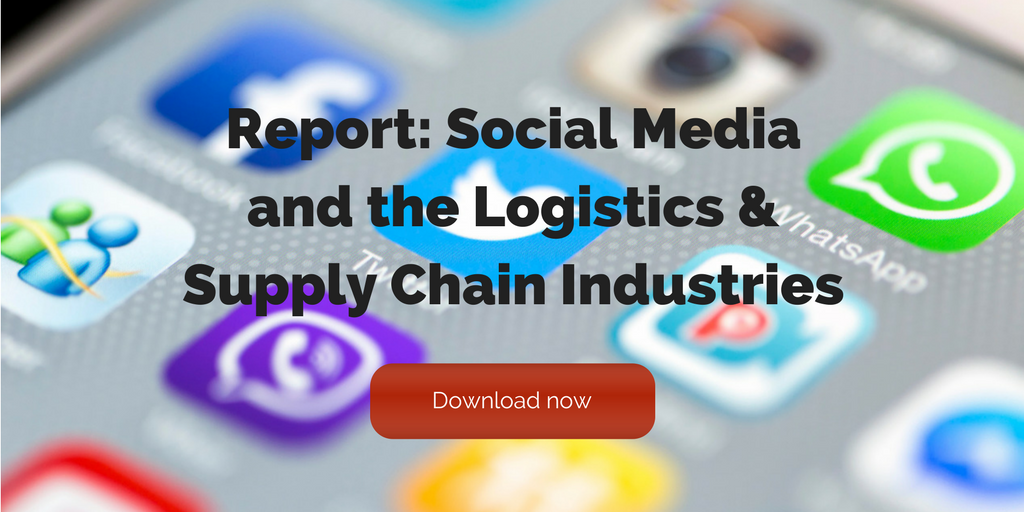Artificial intelligence is forcing change on the supply chain in many ways. But robots, autonomous vehicles, and drones are just part of the equation. Does AI pose a threat to supply chain leadership as well?
A recent Harvard Business Review article explores the idea that “in an AI age characterized by intense disruption and rapid, ambiguous change, we need to rethink the essence of effective leadership. Certain qualities — such as deep domain expertise, decisiveness, authority, and short-term task focus — are losing their cachet, while others, such as humility, adaptability, vision, and constant engagement, are likely to play a key role in more-agile types of leadership.”
Can AI change supply chain leadership as we know it?
What is AI and why does it matter?
Artificial intelligence is coming to your business whether you’re ready for it or not (if it hasn’t already). Why does it matter? Because AI — the ability of machines to carry out tasks in a way we consider “smart” — can boost productivity and profitability.
What AI does “extraordinarily well,” according to consulting firm McKinsey & Co., “is relentlessly chew through any amount of data and every combination of variables.”
[bctt tweet=”Today we’re experiencing a second machine age as computers take on some of our mental workload by making data-driven decisions.” username=”Fronetics”]
Some technologists draw parallels to the Industrial Revolution when machines lightened the load for humans by performing tasks that once required brute strength. Today we’re experiencing a second machine age as computers take on some of our mental workload by making data-driven decisions.
The glass-half-empty crowd is worried that machines will replace humans and take our jobs. But the glass-half-full team sees new opportunities to unburden ourselves from repetitive tasks so we can focus on bigger strategic issues that need the nuanced emotional intelligence only we humans possess.
Traditional vs. AI-ready skills
“At some point in our evolution… leadership acumen transitioned from physical to cognitive skills, putting a premium on intelligence and expertise at the expense of force and strength,” writes HBR article authors Tomas Chamorro-Premuzic, Michael Wade, and Jennifer Jordan.
Offloading repetitive cognitive tasks to machines frees up time to develop new leadership skills. According to the authors, tomorrow’s leaders will be more empathetic, more agile, and more connected to people around them. The authors describe four specific qualities that will define leaders of the future:
Humility
Valuable intelligence won’t be delivered from the top down and may not come from the most experienced people on the team. It will come from every direction. Leaders should be open to suggestions and input from people using data at every level inside and outside the organization.
Adaptability
Changing your mind is a good thing in the age of AI. Learning organizations should expect to revise plans and iterate quickly. Managers should be confident enough to propose a change of course based on new data and not feel the need to defend their decision.
Vision
Operations can feel like shifting sands in an AI environment. An organization that continuously adapts to capitalize on new opportunities can leave employees feeling like they don’t know what they’re supposed to be doing from one day (or minute) to the next. Successful leaders will emphasize long-term goals, encourage questions, and provide clear, thoughtful, consistent answers.
Engagement
Successful leaders will come out of their executive suites and connect with customers, partners, and employees. You can’t wait for reports and meetings when fast-paced data-driven decisions are happening all around you. “Agile leaders need to stay engaged… and find ways to keep their teams engaged, particularly when the going gets rough and the path gets challenging,” according to Chamorro-Premuzic, Wade, and Jordan.
So will AI change supply chain leadership?
Learning and applying new skills won’t come easily for many businesses. Some managers might not be comfortable asking employees to demonstrate humility, adaptability, and vision. These are hard skills to measure and haven’t always been rewarded.
Real digital leadership will require a blend of human and machine learning and a new way of understanding how things get done. Any company stands to gain by adopting these new ideas.
Logistics companies, at the nexus of operations for so many industries, can lead the way into the AI age by modeling new skills and applying them to their own businesses.
Machine-learning expert Jeremy Howard sums it up nicely in a McKinsey & Company report: “There is no organization that shouldn’t be thinking about leveraging these approaches, because either you do — in which case you’ll probably surpass the competition — or somebody else will.”
What ways do you think AI will change supply chain leadership?
Related posts:
- Are We Thinking About “Soft Skills” All Wrong?
- Could Liberal Arts Grads Fill the Supply Chain Talent Gap?
- What Should Supply Chain Students Be Learning? Here’s What Google Thinks.


